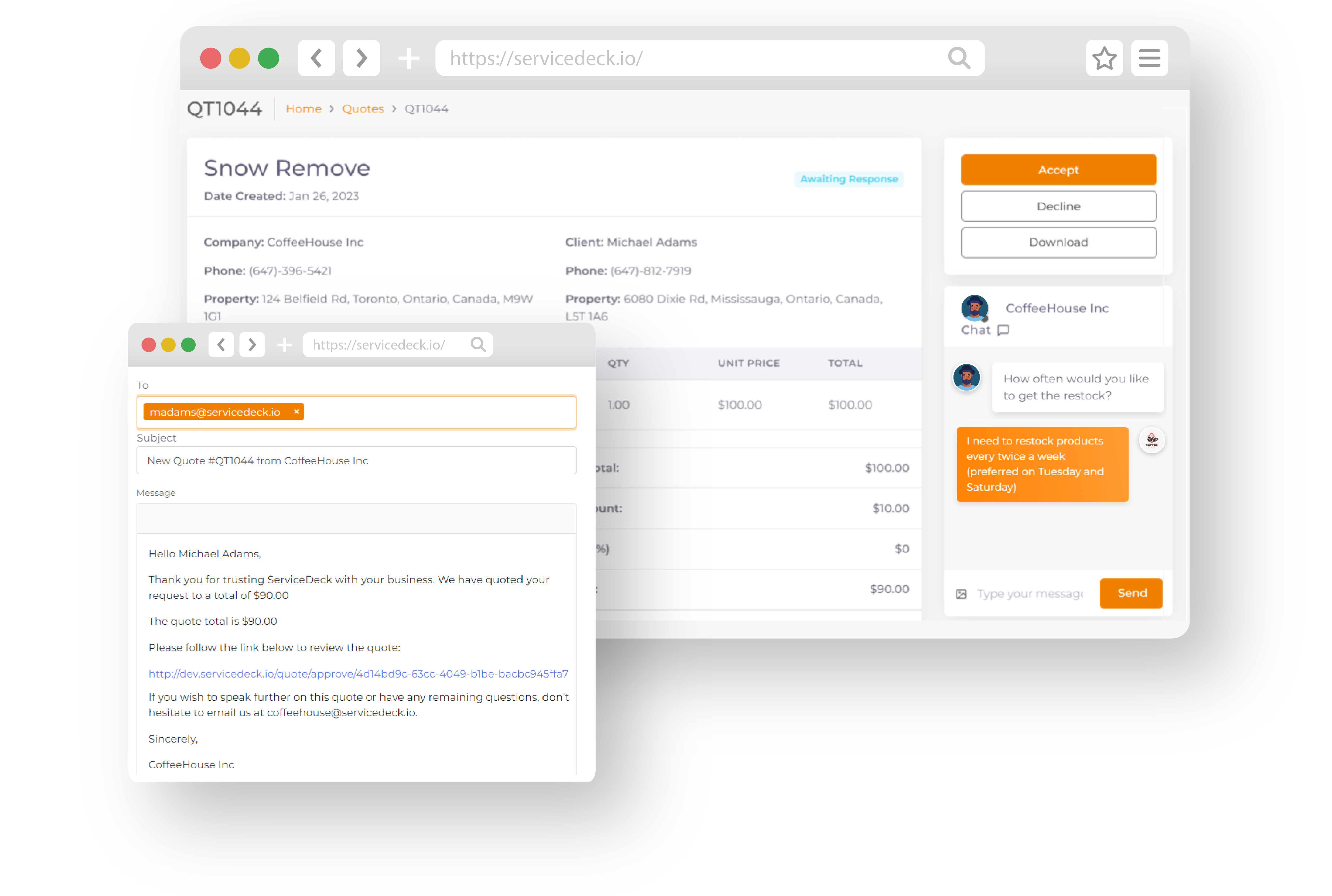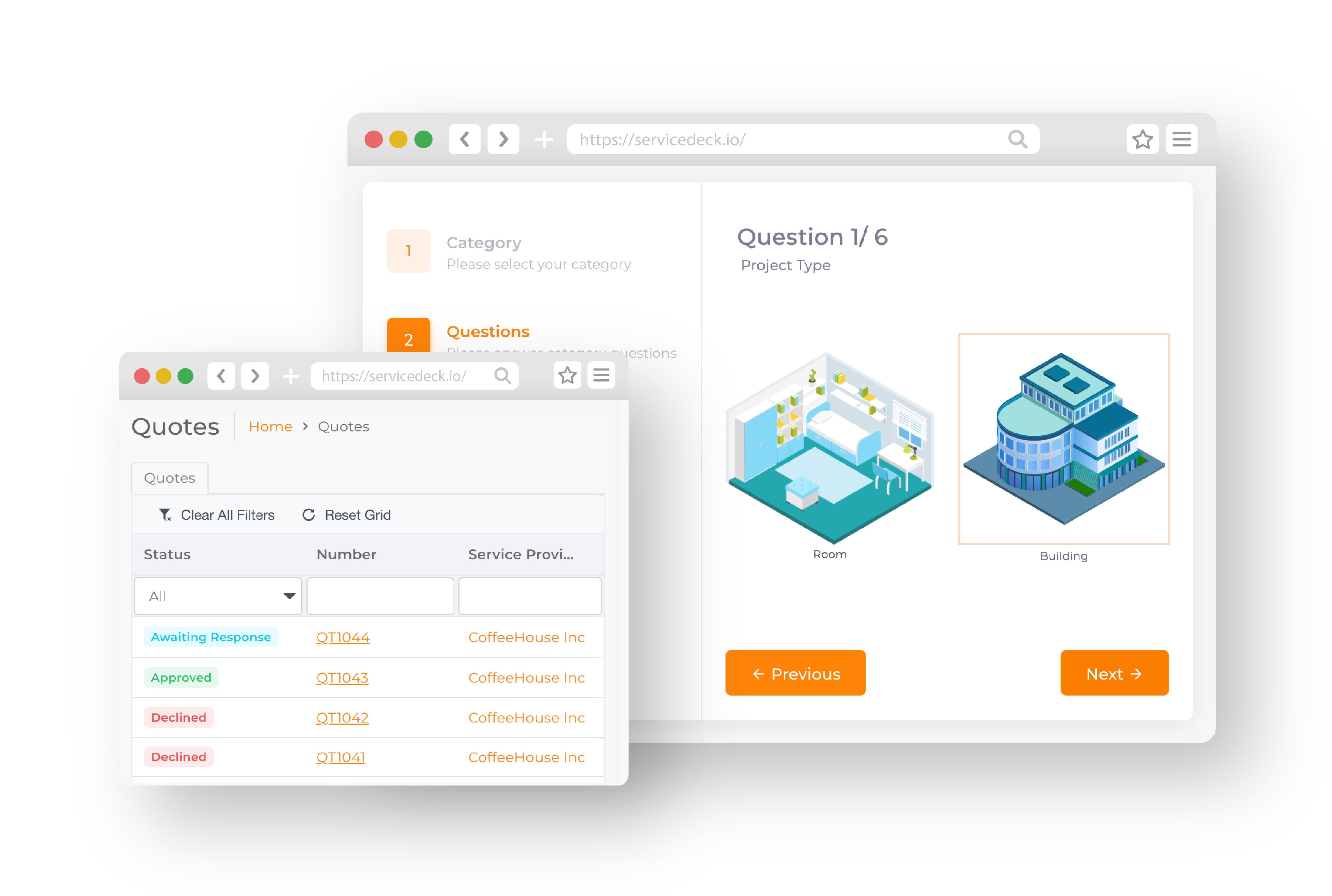In an era where businesses thrive on customer loyalty, understanding and managing customer relationships is paramount. Central to this process is Customer Relationship Management (CRM). CRM is a strategy for managing a company’s relationships and interactions with potential and existing customers. It uses data analysis to improve business relationships and assist in customer retention, ultimately driving sales growth.
Understanding the Importance of Customer Experience
Customer experience is now the heart of marketing, with customers demanding more personalization, immediate responses, and a seamless experience across all channels. It is about more than just resolving customer inquiries; it is about building a relationship with the customer that ensures loyalty and fosters brand advocacy. Two critical components that enhance customer experience are the personal touch and swift problem resolution.
The Personal Touch: The Role of CRM in Personalizing Customer Interactions

A personal touch means treating customers as individuals with unique needs and preferences rather than as a part of a homogenous group. It is about making customers feel valued and understood. CRM systems are instrumental in achieving this. They collect and analyze customer data to create detailed customer profiles, which can be used to personalize interactions.
For example, a CRM system can help identify the preferred communication channel of a customer, be it email, phone, or social media, and ensure that businesses interact with the customer through their preferred channel. Also, it can keep track of customers’ buying behavior, enabling businesses to provide personalized product recommendations and targeted marketing campaigns.
Speedy Resolution: How CRM Promotes Prompt Customer Service
Prompt customer service is another vital aspect of customer experience. The quicker a business can address and resolve a customer’s concern, the better the customer’s impression of the business. CRM systems streamline the customer service process, reducing response times, and enabling efficient problem-solving.
CRM systems come with ticketing systems that log customer issues, prioritize them based on their urgency, and route them to the right agent, ensuring a quick response. Additionally, the automation features in many CRM systems can handle routine customer queries, freeing up agents’ time to tackle more complex issues.
Maintaining Customer History: How CRM Systems Keep Track of Past Interactions

A comprehensive history of customer interactions is a valuable asset. It provides businesses with insights into customer behavior, helps predict future needs, and can be crucial in resolving conflicts. CRM systems record every interaction a customer has with a business, from sales transactions to customer service inquiries, creating a comprehensive customer history.
With these records, businesses can identify patterns in customer behavior, understand their needs better, and predict future demands. Moreover, having a history of past issues and resolutions can be invaluable when dealing with recurring problems, as it allows businesses to quickly identify and implement a solution.
Case Study: CRM Success Stories
An example of a business that has effectively used a CRM system to improve its customer experience is Amazon. By leveraging CRM, Amazon has managed to offer highly personalized experiences to its customers. Their system analyzes individual buying patterns and browsing habits to recommend products, creating a unique, personalized shopping experience for each user. Furthermore, their efficient problem-resolution strategies have consistently earned them high customer satisfaction ratings.
Choosing the Right CRM: Factors to Consider
Choosing the right CRM is crucial in achieving personalization, swift problem resolution, and effective tracking of customer history. Several factors to consider include the size of your business, the complexity of your customer relationships, the need for scalability, the system’s integration capabilities with your existing software, and ease of use for your team. The CRM should be flexible enough to adapt to your business’s unique needs and contribute to enhancing the customer experience. For example, if you run a field service business then it should be a specific CRM system to improve your field service management.
Overcoming Challenges in CRM Implementation
Implementing a CRM system is not without its challenges. These can include data integration issues, resistance from employees, and the need for ongoing training. However, with a strategic approach focusing on clear communication, employee engagement, and training, these hurdles can be overcome.
Conclusion
In conclusion, CRM systems play an invaluable role in improving the customer experience. They enable businesses to offer a personal touch, resolve issues promptly, and maintain a comprehensive customer history – key components in building customer loyalty. Businesses that wish to thrive in today’s customer-centric marketplace would do well to consider leveraging the capabilities of CRM systems.



